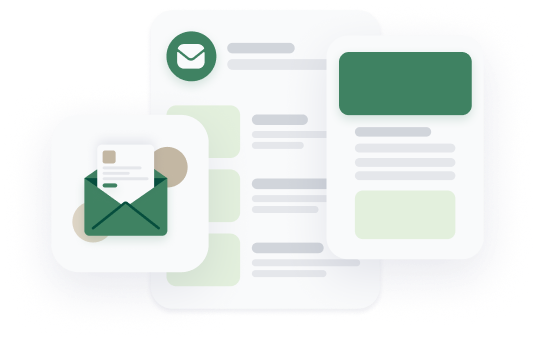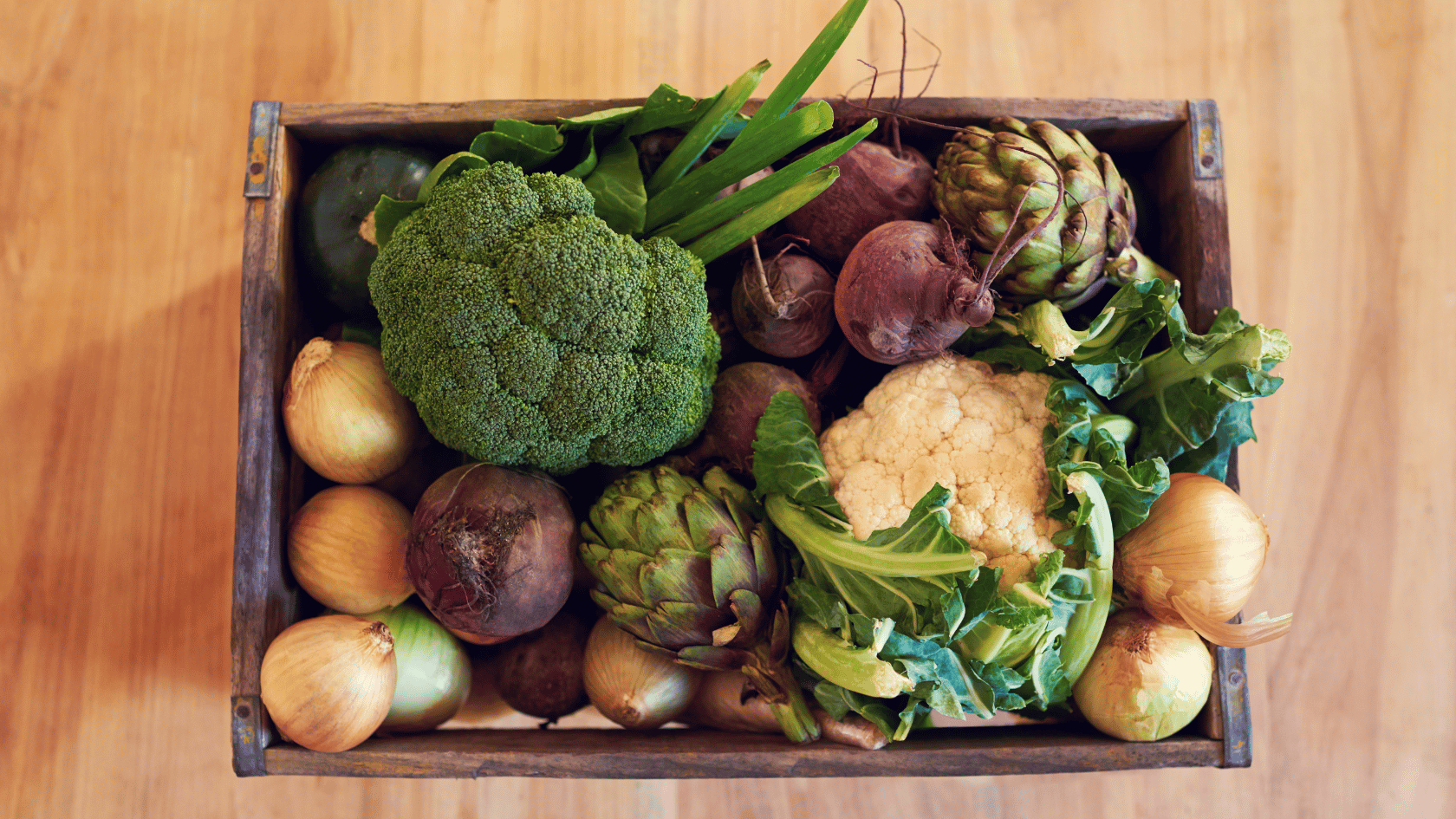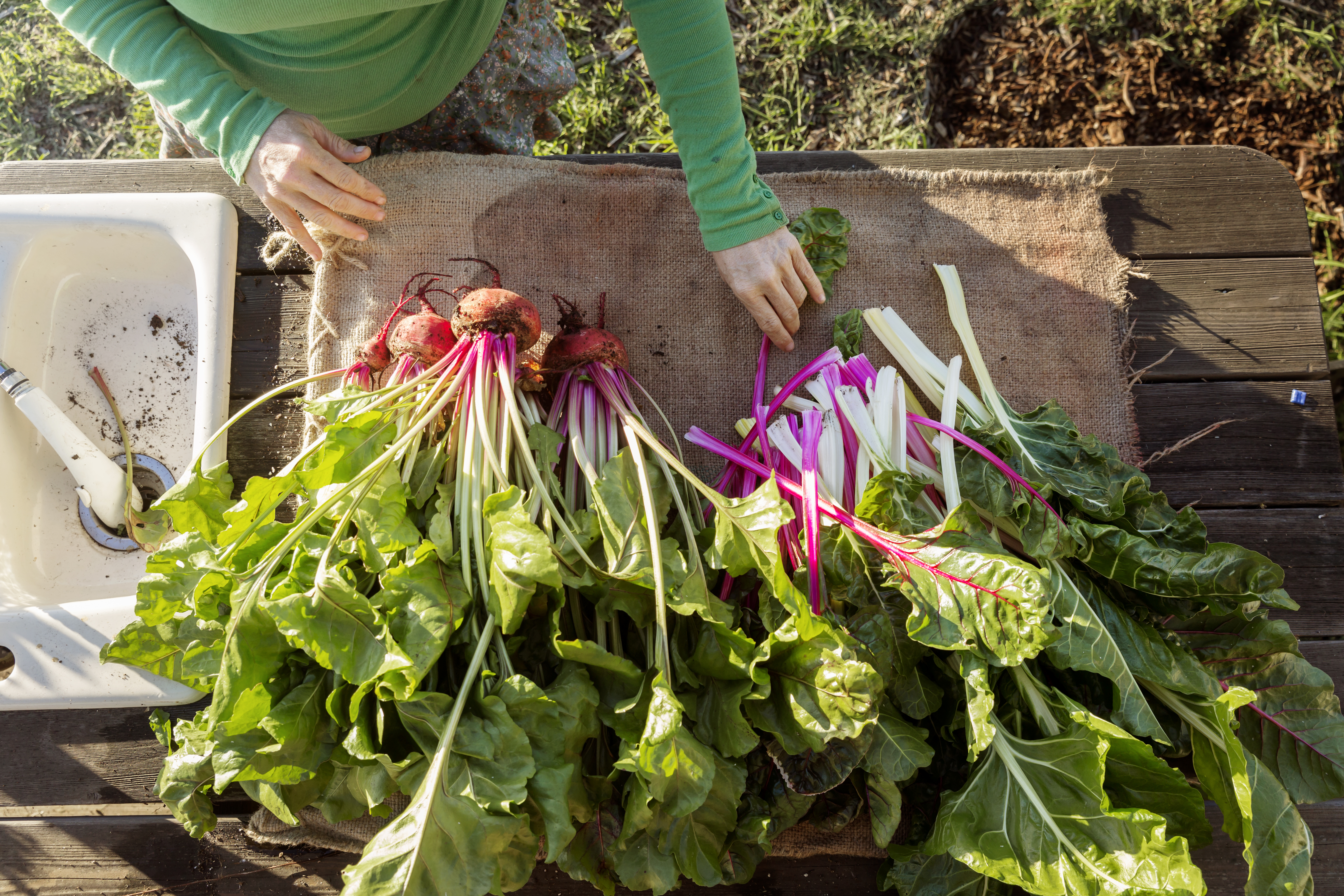How to Write Food Product Descriptions That Sell
Thinking of starting an online food business? When you’re selling food online, your product...

This blog post was written by Megan Baumer, Director, of Business Development, GS1 US.
Today, maintaining food safety and supply chain integrity is mission-critical to keeping customers satisfied and complying with new regulations. Many in the food and agriculture industry are aware of the growing importance of the Food Safety Modernization Act section 204(d) Requirements for Additional Traceability Records for Certain Foods (FSMA 204) to enable food to be traceable from field to fork.
To build your knowledge of this key regulation and to learn how to prepare for the enforcement deadline of January 20, 2026, you must first understand the data to be captured, stored, and shared with various trading partners or the FDA if requested. The identification and flow of this data is supported by GS1 Standards, a global supply chain system that has powered commerce for more than 50 years.
The Food Safety Modernization Act (FSMA) was originally signed into law in 2011 and is intended to strengthen the food safety system to protect public health. The Food and Drug Administration (FDA) published Requirements for Additional Traceability Records for Certain Foods which implements Section 204(d), in November 2022 and it is commonly referred to as FSMA 204. The rule requires businesses to keep specific records for designated foods to enhance traceability, speeding outbreak response and lessening the impact of food contaminations. First, determine if your farm or company is affected, then review your current processes to create a strategy for compliance.
The FDA has published a list of certain foods for which additional traceability records are required called the Food Traceability List (FTL). Growers and other companies that manufacture, pack, process, or store the foods on the Food Traceability List (FTL) are required to keep additional records on these items or any items that contain them as ingredients (and have not undergone a kill step) under FSMA 204. The FTL includes but is not limited to:
If you are subject to FSMA 204, will be required to keep specific types of records, called Key Data Elements (KDEs) that correspond to specific types of events in the food supply chain, called Critical Tracking Events (CTEs).
Critical Tracking Events include:
The required KDEs are dependent on various CTEs, but generally describe where the event took place, when the event took place, what foods were involved, who was involved, and provide ties to the records that substantiate the data. Examples of KDEs include:
The framework of CTEs and KDEs is intended to be flexible to accommodate the many activities that occur in the food supply chain, but this means you will need to determine which CTEs and KDEs apply to your specific situation.
One of the critical KDE’s required under FSMA 204 is the Traceability Lot Code (TLC). The TLC is a product descriptor, often alphanumeric, that will be used to identify that particular food within your systems. Once a TLC is assigned, records must be stored, maintained internally and shared externally with trading partners downstream. After certain CTEs such as a transformation in which a new TLC is assigned, the previous TLC, or TLCs if there are multiple, are required to be maintained. In short, the original identifier of a product on the Food Traceability List must be maintained to ensure traceability back to a source in the event of a recall. The use of lot codes is common practice within the food industry, but this downstream record-keeping improves the likelihood of isolating the source of any given contamination at this granular level.
It is important to keep accurate, reliable records of CTEs and KDEs, as they are key to a traceable food supply chain. The FDA requires that these records be retained as original paper records, electronic records, or true copies for two years. True copies can include pictures, photocopies, scanned copies, or other accurate reproductions of the original records. Additionally, if these records are requested by the FDA, you must make them available in a sortable spreadsheet (unless exempt) within 24 hours or a reasonable timeframe to which the FDA has agreed. The rule also requires companies to create and maintain a traceability program roadmap, known as a traceability plan. Your traceability plan must include:
No, FSMA 204 applies equally to domestic and foreign persons who manufacture, process, pack, or hold products on the FTL. Therefore, if you import or export these products to or from the United States, you must be prepared to comply.
FSMA 204 does have some exemptions. Some examples include:
If you are not sure if FSMA 204 applies to your operation, The FDA’s Traceability Exemptions Flowchart can assist in determining if you are exempt. Just remember, it’s important to review the full rule to confirm.
Many growers are already leveraging GS1 Standards for supply chain visibility. Global Trade Item Numbers (GTINs) are already being assigned to products up and down the food supply chain. The GTIN can be assigned at the case level for foodservice or embedded into a UPC barcode or GS1 Data Bar and applied to products sold in grocery stores. Because a GS1-licensed GTIN is globally unique to your assigned product SKU, it can be combined with a propriety lot code to form a robust Traceability Lot Code that won’t bump up against the TLCs of other producers. Additionally, a Global Location Number (GLN) can be assigned to your fields, packhouse, and other locations you operate to bring that same uniqueness to how you identify your locations. If you are already assigning GTINs to your products, you most likely have the ability to assign GLNs to your locations without any additional cost.
Furthermore, you can label your cases with a GS1-128 barcode, which can carry the GTIN, batch/lot, critical dates and other important information. As your product travels throughout the supply chain, the barcode allows your trading partners to quickly capture this data, allowing for greater visibility and traceability throughout the supply chain.
For a more in-depth review, you can always consult the FSMA 204 Federal Register Notice. Additional tools and resources for food safety and learn more about how GS1 Standards can enhance traceability on the GS1 US Food Safety webpage. You can also check out the four-part webinar series, jointly hosted with FMI about FSMA 204. The GS1 US Application of GS1 System of Standards to Support FSMA 204 outlines how to use GS1 Standards to help you meet FSMA 204 requirements.
NOTE: The use of GS1 Standards is voluntary and not mandatory. It should be noted that use of the words “must” and “require” throughout this document relate exclusively to technical recommendations for the proper application of the standards to support the integrity of your implementation. GS1 US is making this information available as-is without warranty of any kind, either express or implied, including, but not limited to, the implied warranties of merchantability, fitness for a particular purpose, or non-infringement. to be used for educational purposes only. GS1 US remains the sole and exclusive owner of all right, title, and interest in and to the following content and may revoke the right to use this content at any time. his content may not be copied, reproduced, printed, distributed, or published, electronically or physically, in whole or in part, in any and all media, without the express consent of the owner. Each company is individually responsible for meeting all statutory and/or regulatory requirements.
GS1 US employees are not representatives or agents of the U.S. FDA, and the content of this publication has not been reviewed, approved, or authorized by the U.S. FDA. The following information contained herein is for informational purposes only as a convenience, and is not legal advice or a substitute for legal counsel. GS1 US Inc. assumes no liability for the use or interpretation of the information contained herein.
Megan Baumer is the Director of Business Development at GS1 US.

Stay in the loop by subscribing to our newsletter and receive weekly insights that you won't want to miss.

Thinking of starting an online food business? When you’re selling food online, your product...

Jams, Bread, Eggs, Microgreens? If you have a green thumb or can kill it in the kitchen, here’s how...

Table of Contents Should I Use Social Media for my Farm? Benefits of Social Media for Farms? ...